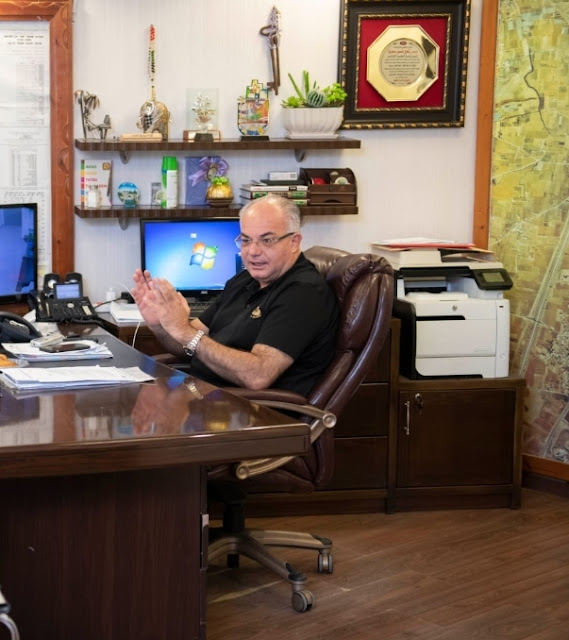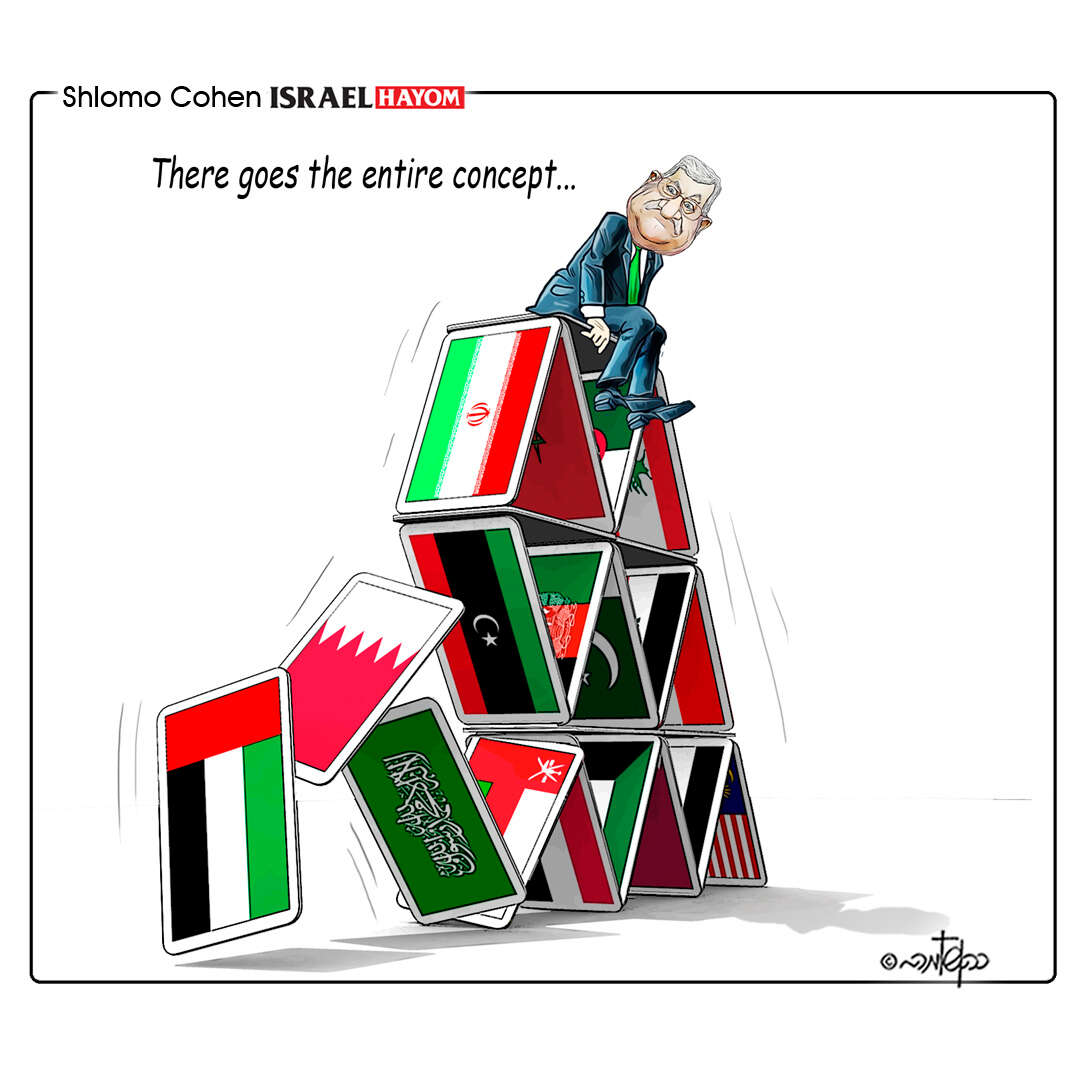Some of Israel’s opponents
justify Palestinian terrorism by claiming that “Palestinians have a legal right to armed struggle”.
Supporters
of terrorism often cite Resolution 3314 passed by the UNGA in 1974, adopting the Definition of Aggression Article 7:
“Nothing in this Definition, and in particular article 3,
could in any way prejudice the right to self-determination, freedom and independence,
as derived from the Charter, of peoples forcibly deprived of that right and
referred to in the Declaration on Principles of International Law concerning
Friendly Relations and Cooperation among States in accordance with the Charter
of the United Nations, particularly peoples under colonial and racist regimes
or other forms of alien domination: nor the right of these peoples to struggle
to that end and to seek and receive support, in accordance with the principles
of the Charter and in conformity with the above-mentioned Declaration.”
Article 3
however refers to a State attacking and occupying the territory of another
State, which is not the case in the Israeli/Palestinian conflict. Moreover, the
resolution does not mention armed struggle, certainly not against civilians of
the “occupying” state. Moreover, UN General Assembly resolutions are not
binding international law, only UN Security Council resolutions are legally
binding.
UN GA
Resolution 37/43, dated 3 December 1982 went one step further by reaffirming
“the legitimacy of the struggle
of peoples for independence, territorial integrity, national unity and
liberation from colonial and foreign domination and foreign occupation by all
available means, including armed struggle.”
Further,
Resolution 37/43 mentions
“the
denial of the inalienable rights of the Palestinian people to
self-determination, sovereignty, independence and return to Palestine and the
repeated acts of aggression by Israel against the peoples of the region”.
Supporters of Palestinian terrorism, including some academics, interpret this as proof that international law permits terrorist attacks by Palestinians against Israelis.
For
example, Dr Brendan Ciarán Browne, an Assistant Professor Conflict Resolution
at Trinity College Dublin who has defended Bahaa Abu Al-Ata, who was responsible for terrorist rocket
attacks against Israeli civilians opined that
“any
critical legal scholar truly invested in the cause of Palestine must nurture
space in their classroom to evaluate the right of colonised peoples to agitate
for self-determination, including through armed struggle as outlined in UN
resolution 37/43”.
UN has
condemned terrorism
UN Security Council Resolution
1566 adopted unanimously on 8 October 2004, condemned
terrorism as a serious threat to peace and strengthened anti-terrorism
legislation. It reaffirmed that
“terrorism in all
its forms and manifestations constitutes one of the most serious threats to
peace and security.”
Further it recalls
that:
“criminal
acts, including against civilians, committed with the intent to cause death or
serious bodily injury, or taking of hostages, with the purpose to provoke a
state of terror in the general public or in a group of persons or particular
persons, intimidate a population or compel a government or an international
organization to do or to abstain from doing any act, which constitute offences
within the scope of and as defined in the international conventions and
protocols relating to terrorism, are under no circumstances justifiable by
considerations of a political, philosophical, ideological, racial, ethnic,
religious or other similar nature, and calls upon all States to prevent such
acts and, if not prevented, to ensure that such acts are punished by penalties
consistent with their grave nature”.
“Terrorism”
vs. “armed struggle”
There are
many arguments about the definition of terrorism as expressed by the cliché
“One man's terrorist is another man's freedom fighter” which suggests that the
question of who is a terrorist, depends entirely on the subjective outlook of
the definer. Of course, this is over simplistic.
Oxford
Dictionaries defines terrorism as “the unlawful use of violence and
intimidation, especially against civilians, in the pursuit of political aims.”
As UN SC
1566 clarifies, terrorism intends to provoke a state of terror in the
general public and to intimidate a population and often does this by deliberately
targeting civilians.
According
to Prof. Ganor’s definition, the guerrilla fighter's targets are military ones,
while the terrorist deliberately targets civilians. By this definition, a
terrorist organization can no longer claim to be 'freedom fighters' because
they are fighting for national liberation. Even if its declared ultimate goals
are legitimate, an organization that deliberately targets civilians is a
terrorist organization.
·
Terrorism is prohibited by a legally binding UN SC
resolution, while “armed struggle” is permitted by a non-binding UN GA
resolution.
·
Attacks against civilians or violence committed to provoke
a state of terror in the general public
and to intimidate a
population are defined as terrorism.
·
The non-binding UN GA resolution permitting “armed
struggle” refers to occupation of one State’s territory by another State, which
is not the case in the Israeli/Palestinian conflict.
ClClearly, the UN does not legitimize terrorism.
Attacks Against Security Forces Combating Terrorism
are also Terrorism
Once an organization engages in terrorism against civilians, it can no longer pretend it is a legitimate guerrilla organization that engages in armed struggle against occupation and even its attacks against military targets lose legitimacy and become terrorism as well.
As UN SC
1566 states, it is the right and the duty of States to fight against terrorism.
Attacks against security forces while they fight against terrorism, are
therefore illegitimate.
When an
IDF soldier is attacked while in an operation to arrest terrorists, the
attackers become terrorists as well. One such case occurred in 2018 when
St.-Sgt. Ronen Lubarsky (HYD), a commando in the elite Israeli counterterrorism
Duvdevan unit was killed when a Palestinian dropped a marble slab on his head,
while his unit was arresting terrorism suspects in Ramallah. Killing a soldier
in such circumstances is murder in the context of aiding and abetting
terrorism, not legitimate armed struggle as some, even in the Israeli Left, claim.
The Red Cross has confirmed that Article 2(1)(b) of the International Convention for the Suppression of the Financing of Terrorism means that the killing of non-combatant members of
the armed forces or combatants hors de combat can be considered an act
of terrorism, provided that it is done with the requisite intent, even if the
act occurs during an armed conflict. The killing of military personnel outside the context of an armed
conflict also could be considered a terrorist act under this provision, if done
with the requisite intent, regardless of the means employed.
Not only
is terrorism immoral, it is also specifically prohibited in international law.
It is utterly shameful
for academics and journalists to support terrorism and falsely claim that it is
legally permitted.
We have lots of ideas, but we need more resources to be even more effective. Please
to help get the message out and to help defend Israel.

 Elder of Ziyon
Elder of Ziyon
































